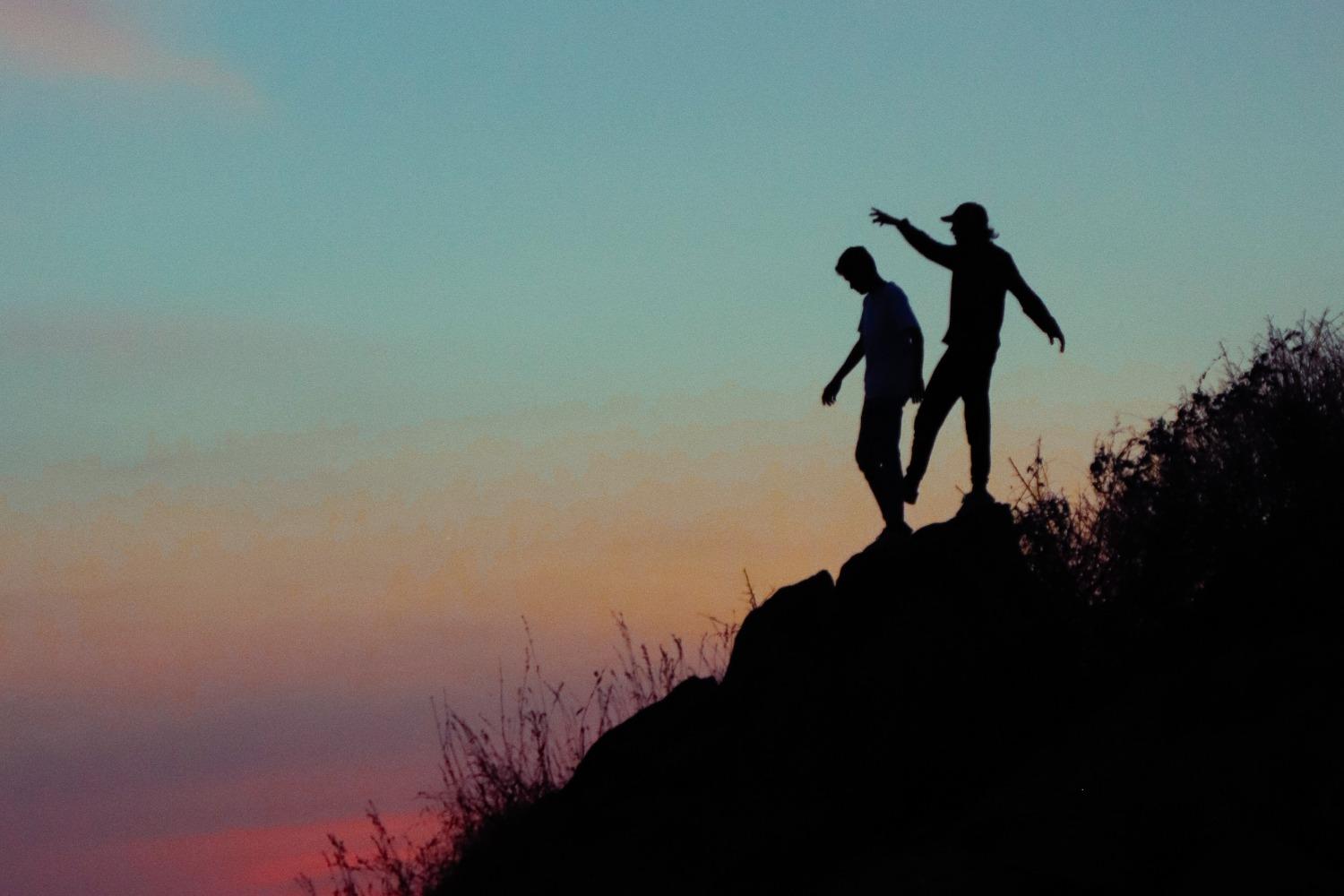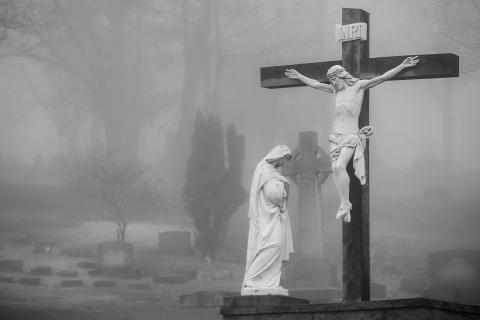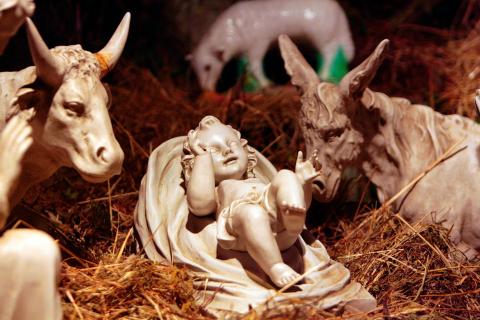
Is it possible for someone to be too empathetic? Many of us have been brought to believe that we should always strive for maximal empathy. In our age, empathy is considered a sacred state in which I come to emotional understanding of what another person is feeling. But while even under the traditional understanding of human flourishing our passions and emotions are good and important motivators for action, they are meant to be subject to reason for proper ordering.
Sometimes we experience a strong expression of emotion that convinces us that we are a certain way, possessing particular virtues (and vices) we may not actually have. For instance, someone could draw feelings of courage after commenting boldly on social media. However, feeling strongly about courage and acting with a glimmer of boldness does not courage make.
Author Paul Bloom, a Yale psychologist, makes a distinction between “understanding” and “empathy.” One can come to a better understanding of why someone thinks or feels the way they do, and this makes us more human and rational. Yet the measure of goodness is not how I feel but whether or not my thoughts and actions are in accord with reason.
Empathy itself can cloud reason and lead us to affirm thoughts and behaviors that are wrong according to reason and moral objectivity. In the end, it’s not our feelings that ought to run the show of our actions. Empathy and our passions are shared by the animal kingdom. Rather, our God-given rationality is what sets us apart, and it is for reason — thinking and choosing freely according to truth and goodness — to rule the passions benevolently and instruct them to function properly.
A Catholic author reflects on the new intolerance of our age that silences honest dialogue and open discussion, born as a defense of the sexual liberation movement.
In 2015, Dr. Jonathan Haidt and Fr. Dominic Bouck discussed the culture of oversensitivity on university campuses and the resulting “revenge of the coddled.” Haidt’s critics have sometimes accused him of simply looking down upon cultural changes because they’re new. In response, Haidt presents compelling data on the teen mental illness epidemic that are worthy of consideration (even for those unfamiliar with his work).
Art, one Oxford scholar argues, can serve as a bridge between chemistry and history, theology and engineering. As such, “universities should be repositories of culture and our shared civilizational heritage.”
Earlier this week, we marked World Down Syndrome Day, calling us to reflect on the dignity and beauty of every human life.
Also in the life of human dignity and the family, a Catholic apologist explores the true fatherhood of St. Joseph.
Finally, we observe the 20th anniversary of the War in Iraq this month with some reflections on how the Church has been impacted by this conflict.


